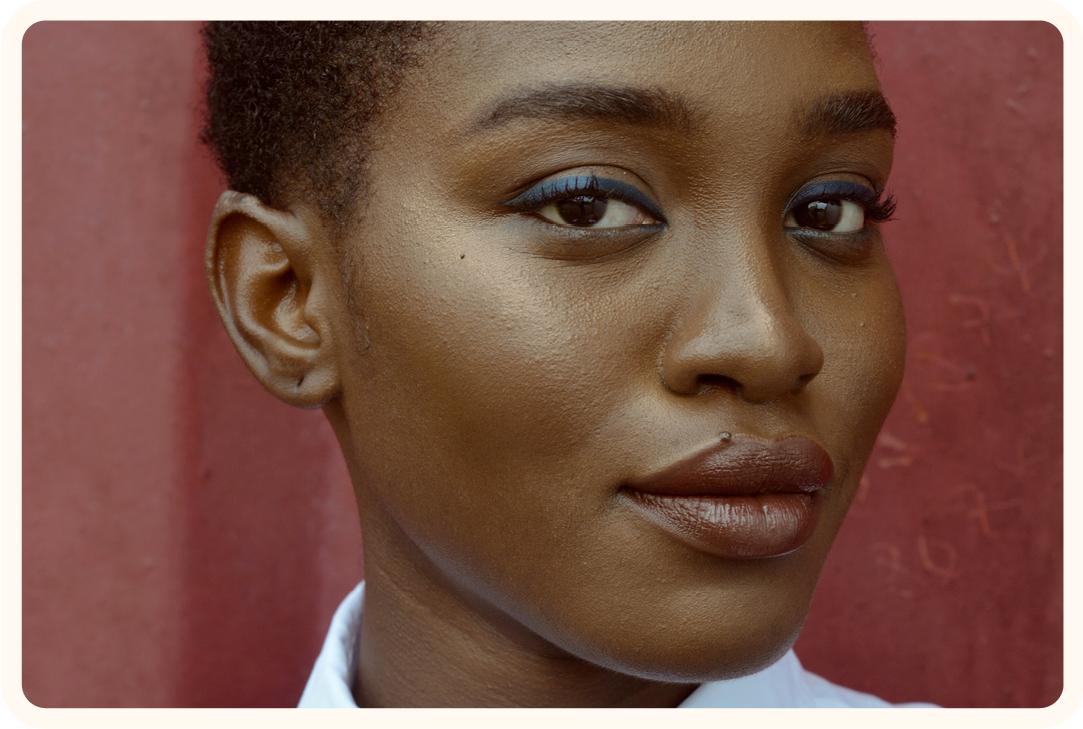
heal trauma with Brainspotting therapy in northern Virginia & MARYLAND
Where you look affects how you feel.
Move Past Your Traumatic Experiences with Brainspotting
Traumatic experiences can manifest in many forms hence various modalities. Brainspotting is one of them. Talk therapy helps explore the narratives and beliefs one adopts based on experiences, but physiological responses cannot be ignored.
They say the eyes are a window to a person's soul. And in the therapeutic context, your eyes can help inform how to move forward in resolving your issues. Yes, based on where your eyes gaze, the therapist can directly address the area of the brain that has been impacted and processed. The response and changes can occur rather rapidly in this way.
Using a pointer and biolateral music (optional) that gently fluctuates sounds from the left to right hemisphere of the brain, we find a line of sight known as a brain spot. The brain spot is associated with emotional responses that perhaps one may not have had language for.


Brainspotting locates points in the client’s visual field that help to access unprocessed trauma in the subcortical brain.
Brainspotting (BSP) was discovered in 2003 by David Grand, Ph.D. Over 13,000 therapists have been trained in BSP (52 internationally), in the United States, South America, Europe, the Middle East, Asia, Australia and Africa. Dr. Grand discovered that "Where you look affects how you feel." It is the brain activity, especially in the subcortical brain that organizes itself around that eye position.
Brainspotting is particularly effective with trauma-based situations, helping to identify and heal underlying trauma that contributes to anxiety, depression and other behavioral conditions. It can also be used with performance and creativity enhancement. Brainspotting gives the therapist access to both brain and body processes. Its goal is to bypass the conscious, neocortical thinking to access the deeper, subcortical emotional and body-based parts of the brain.
More Ways We Can Help

We specialize in:
+ Childhood Trauma
+ Disordered Eating
+ Self-Esteem
+ Intimacy Issues

Ready to Get Started?
IT'S TIME TO MOURN. HEAL. EDUCATE. ELEVATE.
Have questions? Let's discuss how we can best support you.








